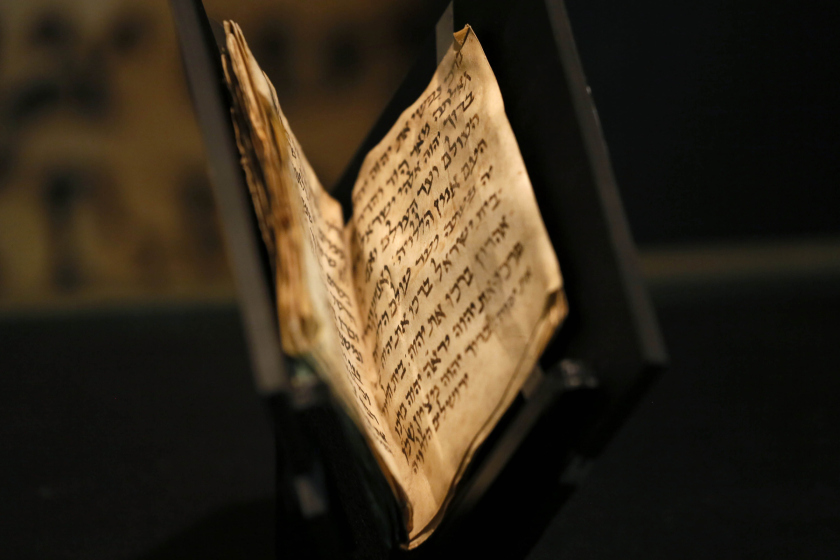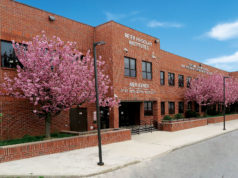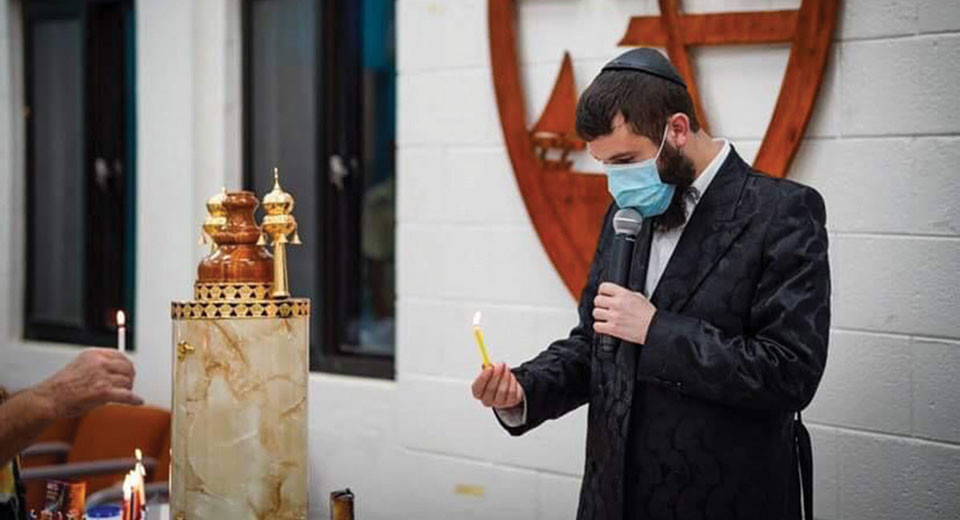
SARINA ROFFE
RABBI SAM KASSIN, DEAN OF SHEHEBAR SEPHARDIC CENTER IN JERUSALEM, IS PROUD TO ANNOUNCE THE PLACEMENT OF EIGHT RABBIS IN COMMUNITIES AROUND THE WORLD. THESE RABBIS WILL REPORT TO THEIR NEW POSITIONS BEFORE THE FALL HOLIDAYS.
After nearly two years of being confined due to the global Corona virus pandemic, the event was celebrated with tremendous spirit during a Shabbaton on July 3, in Ashdod. The rabbis are taking positions in the following communities.
Rabbi Ralph Tawil (Tel Aviv) became the rabbi of one of the largest and influential Sephardic synagogues in Tel Aviv.
Rabbi James Benman Amar (Lima, Peru) will be the rabbi of the Sephardic Synagogue in Lima, Peru. The senior rabbi has served over six decades and at 90 years old is retiring. Rabbi Benman will inspire youth and bring the synagogue into the 21st century.
Rabbi Akiva Ben Ezra (Guam) is going to start a new kehillah in Guam. He had previously been going there only for holidays like Pesach and Hanukkah, but now he is going to set up a permanent shul. Guam has 100 assimilated Jews who are really happy to have a rabbi to give some spirituality to them as well as the Jewish soldiers.
Rabbi Yitzhak Hazzan (Dallas, Texas) will be the rabbi for the large Israeli community as part of the Dallas Kollel and will inspire them to be more involved in Judaism and be part of a community.
Rabbi Aharon Ben Zadon (Madrid, Spain) is working for the Outreach Kollel which is involved with Jewish French medical students and young Jewish students from all over Spain.
Rabbi David Mizrachi (Lisbon, Portugal) is going to be assistant rabbi to Rabbi Reuben Suissa who came from South America.
Rabbi Yair Oz (Cooper City, Florida) established the synagogue in Cooper City, Florida over 10 years ago and is coming back to be the rabbi again and to open up a rehab center there.
Rabbi Gil Amoyal (Montpellier, France) is returning to France to work with community youth and kashrut supervision.
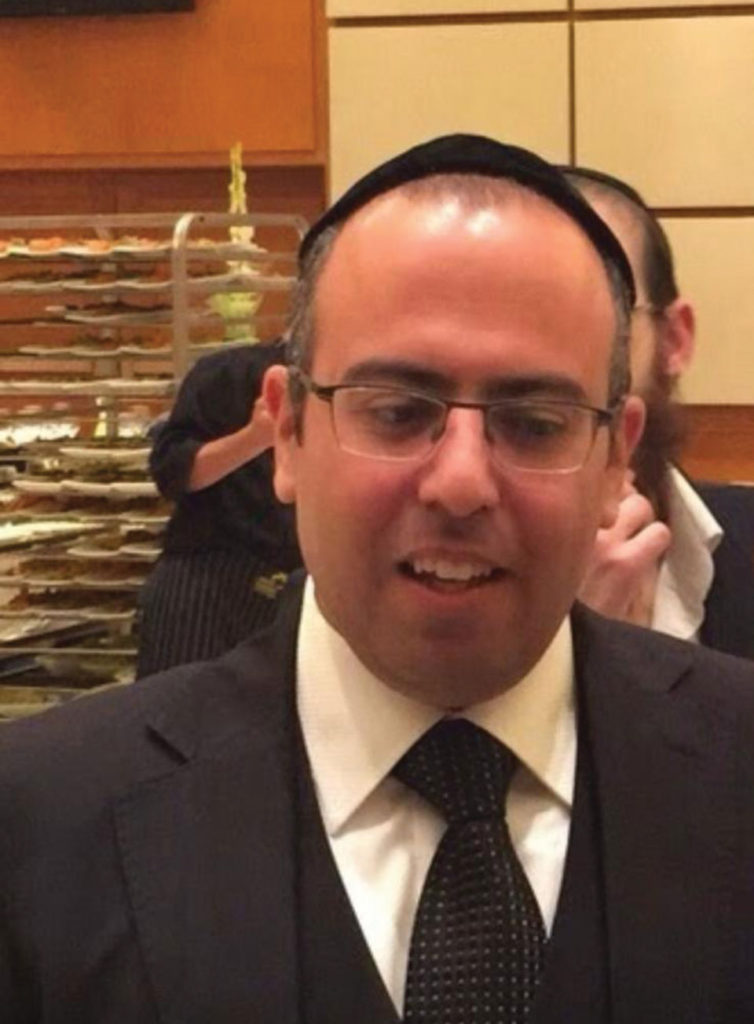
At the Friday night meal, Rabbi Sam Kassin related his experiences in Russia after the fall of the Iron Curtain when people were completely oblivious to anything Jewish. He told stories of how the rabbis he sent were brought closer to Judaism through simple gestures like putting up a mezuzah or having a Hanukkah celebration and learning to light candles. Teaching these simple acts in Russia and Uzbekistan brought the guests to tears.
During the dinner, CPT David Gingold related amazing, exciting stories about his community in Kobe, Japan and exciting adventures as a chaplain in the United States Army. For example, Kobe experienced an earthquake when he was there in 1995. Under his leadership, the Jews threw themselves into relief mode for three weeks helping victims of the crippling earthquake that devastated Japan.
“Only days after the earthquake, we received dozens of phone calls from people affected by the event,” said Rabbi Gingold. “I spoke to the board and insisted on a policy of doing all that is needed, for all that we have in our possession is Hashem’s blessing. How can we enjoy His blessing and not open our hands to those who are in need? As it says ‘thou shalt surely open thy hand unto him.’ (Deut.15:8)”
In the aftermath of the earthquake, Rabbi Gingold led a heroic 24 hour a day relief effort, providing food, housing, water, clothing and other critical relief to earthquake victims, both Jews and gentiles, who were given a haven in Synagogue Ohel Shelomoh. This is but one example of the efforts of SSC rabbis who work in remote parts of the world.
During Saturday morning prayers, two of the graduates spoke about the excitement of the opportunity to do something for the Jewish people. After the prayers, there was an unbelievable kiddush setup by the wives of the eight new rabbis who felt gratitude and honor about the opportunity to spread Torah. After the kiddush, they broke up into groups to discuss how to deal with the everyday issues and challenges they might face in their new communities.
There was a panel discussion with Rabbi Yaakov Benizri, Rabbi Sam Kassin and Rabbi Ezra Kassin. Often a rabbi may be criticized if he is stricter than a previous rabbi, or the congregants may be upset about a ruling or decision. There may also be internal congregation politics which need to be handled with diplomacy.
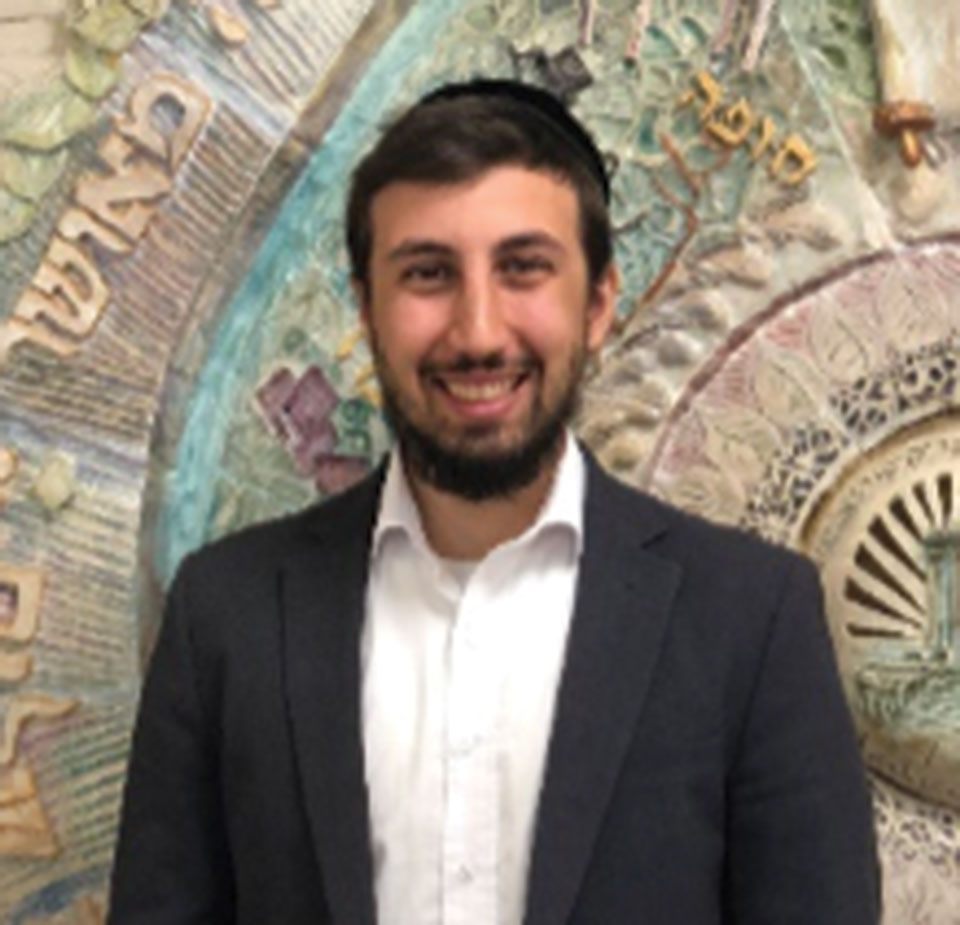
Led by Rebbetzin Malka Kassin, Rebbetzin Michal Kassin, Rebbetzin Gingold and Rebbetzin Shekalim, the women discussed the importance of inspiring community women to become involved, to plan events to bring people together, as well as organize hesed programs like Bikur Holim, gemachs, and food for the poor.
After minha, Rabbi Ezra Kassin, Rabbi Benizri and CPT David Gingold discussed important issues that arise when living in the Disaspora, such as education where there is no Jewish school and how to handle couples not married in the traditional way by a rabbi. They discussed logistical issues such as how to deal with two synagogues and one kehillah, strategies to attract people to come to a class or minyan. These issues are especially important in less established communities.
The event ended with all of the people thanking Rabbi Sam Kassin for what he has done for them and the wives thanked Rebbetzin Malka Kassin for supporting his lifetime commitment to enlightening Jews around the world by training and placing rabbis where they are needed.
A genealogist and historian, Sarina Roffé is the author of Branching Out from Sepharad (Sephardic Heritage Project, 2017), Backyard Kitchen: The Main Course, Backyard Kitchen: Mediterranean Salads, and the cooking app, Sarina’s Sephardic Cuisine. She is the editor of Dorot, and holds a BA in Journalism, and MA in Jewish Studies and an MBA. Sarina is President of the Sephardic Heritage Project, Co-Chair of the Brooklyn Jewish Historical Initiative and Chair of the Sephardic Research Division of JewishGen.

